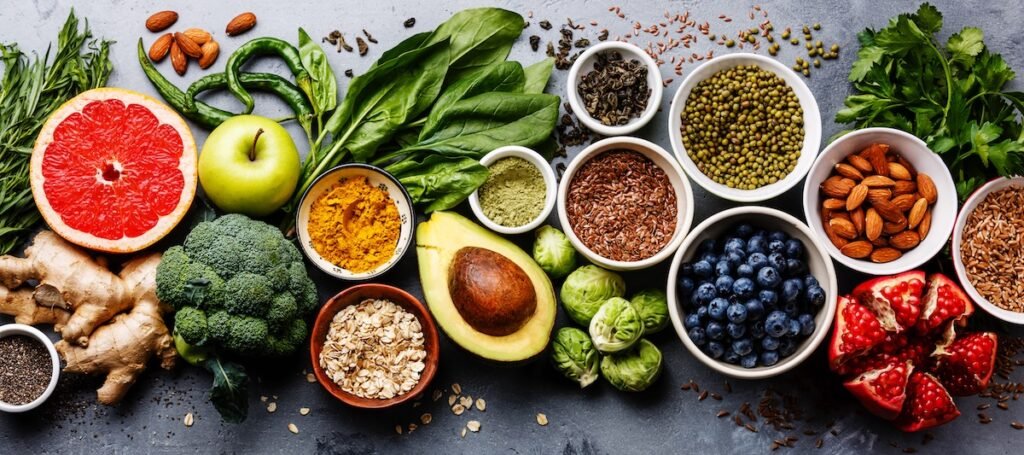
In soccer, every advantage counts. One important factor that many players overlook is nutrition. Simply put, without a proper diet, even the best athletes can struggle on the field.
Poor nutrition can lead to low energy, slow recovery, and a higher risk of injury. This can hurt your performance and make it harder to succeed.
However, you can avoid this by doing the right things for your body. In this article, you will learn about the key parts of a good soccer diet. We will cover balanced meals, staying hydrated, and using supplements wisely. Whether you are just starting or are a professional player, good nutrition can be a game-changer for you.
Eating well is not just about food; it’s about making smart choices to fuel your body for success. Let’s dive into the basics of soccer nutrition.
The Role of Macronutrients
Macronutrients, including carbohydrates, proteins, and fats, play a crucial role in providing the energy and nutrients necessary for soccer players to perform at their best. Carbohydrates are the primary fuel source for energy, while proteins aid in muscle recovery and repair. Healthy fats provide sustained energy and support overall health. Balancing these macronutrients in your diet is essential for optimizing performance and recovery.
Hydration
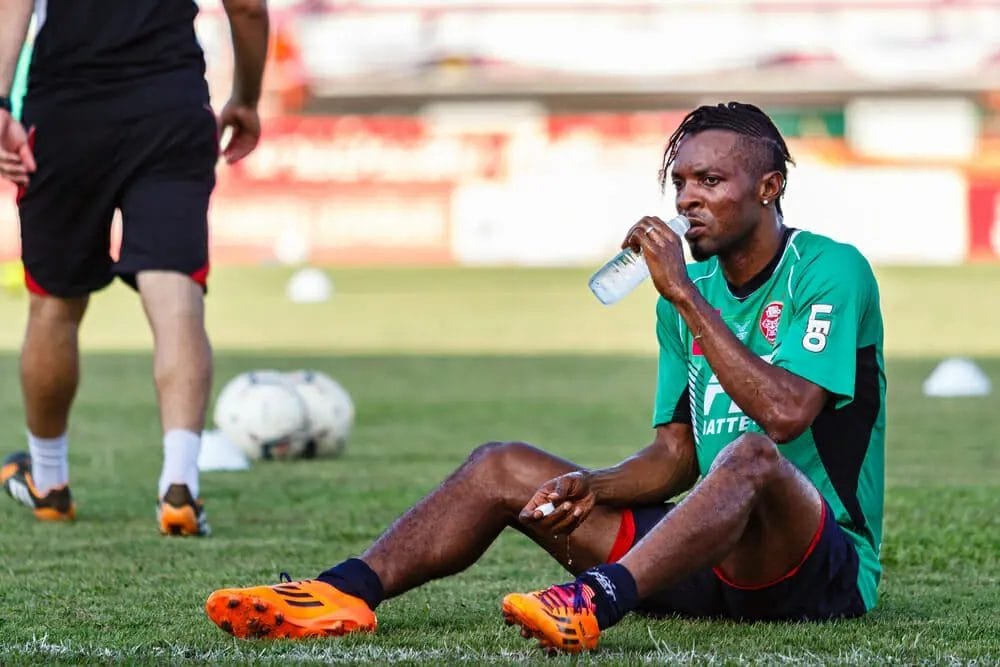
Hydration is often overlooked but is absolutely critical for soccer players. Dehydration can lead to decreased cognitive function, muscle cramps, and overall fatigue. It’s essential to stay well-hydrated before, during, and after games and training sessions. Water should be the primary source of hydration, supplemented by electrolyte-rich drinks for intense training sessions and matches.
Timing Your Meals
When and what you eat can significantly impact your performance on the field. Pre-game meals should focus on easily digestible carbohydrates to provide a quick energy source, while post-game nutrition should prioritize protein and carbohydrates to support muscle recovery and glycogen replenishment. Snacking strategically between meals can also help maintain energy levels throughout the day.
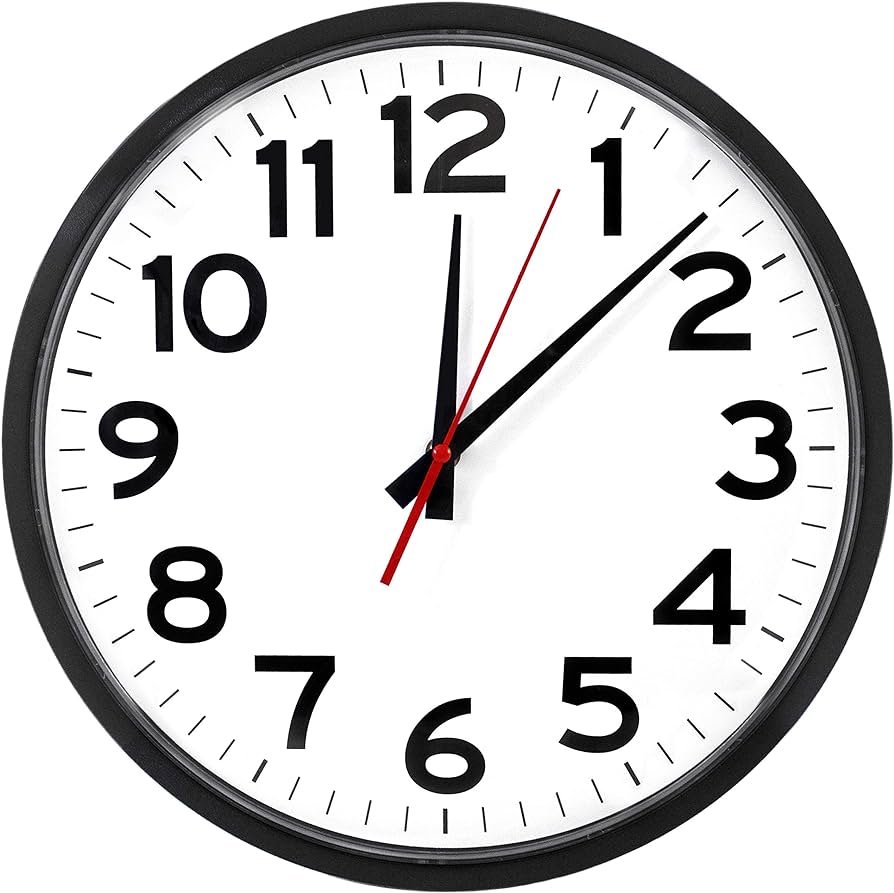
Practical Tips for Soccer Players
Now that we’ve covered the fundamentals of nutrition for soccer performance, let’s explore some practical tips that players can implement to optimize their diet and fuel their victory on the field.
Meal Planning and Preparation
Planning and preparing meals in advance can help players maintain a consistent and well-balanced diet. Focus on incorporating a variety of nutrient-dense foods, including lean proteins, whole grains, fruits, and vegetables. This approach ensures that players have access to the right fuel at the right times, without relying on convenient but nutritionally poor options.
Supplements for Enhanced Performance
While whole foods should form the foundation of a soccer player’s nutrition, certain supplements can complement their diet and support performance. You can use supplements such as creatine for power output and omega-3 fatty acids for reducing inflammation, vitamin D for bone health, and protein supplements for convenient post-training recovery are examples of supplements that can benefit soccer players when used strategically and under the guidance of a nutrition professional.
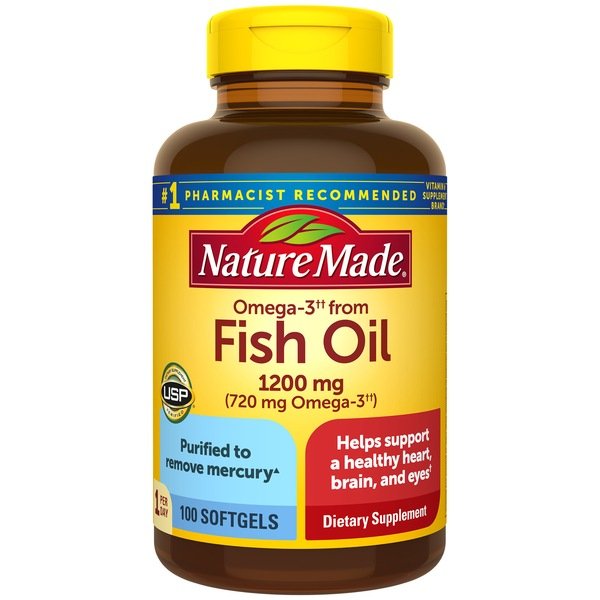
Mindful Eating and Listening to Your Body
You need to practice mindful eating, paying attention to hunger and fullness cues, and making conscious food choices. By listening to your body, you can better understand your individual nutritional needs and can make adjustments to optimize your performance and recovery.
Creating Your Own Nutrition Plan
Now you have some knowledge of the fundamentals of nutrition, it’s time to create your own personalized nutrition plan. By following these steps, you can take control of your nutrition and and improve your game:
Assess Current Eating Habits
Start by assessing your current eating habits and identifying areas for improvement. Are you consuming enough carbohydrates for energy? Are you prioritizing lean proteins for muscle recovery? Understanding your baseline is crucial for making targeted changes.
Consult with a Nutrition Professional
Seeking guidance from a qualified nutrition professional can provide personalized insights and recommendations based on individual needs, training intensity, and game schedules. A nutritionist can help players develop a tailored nutrition plan that aligns with their goals and supports their performance on the field.
Experiment and Adjust
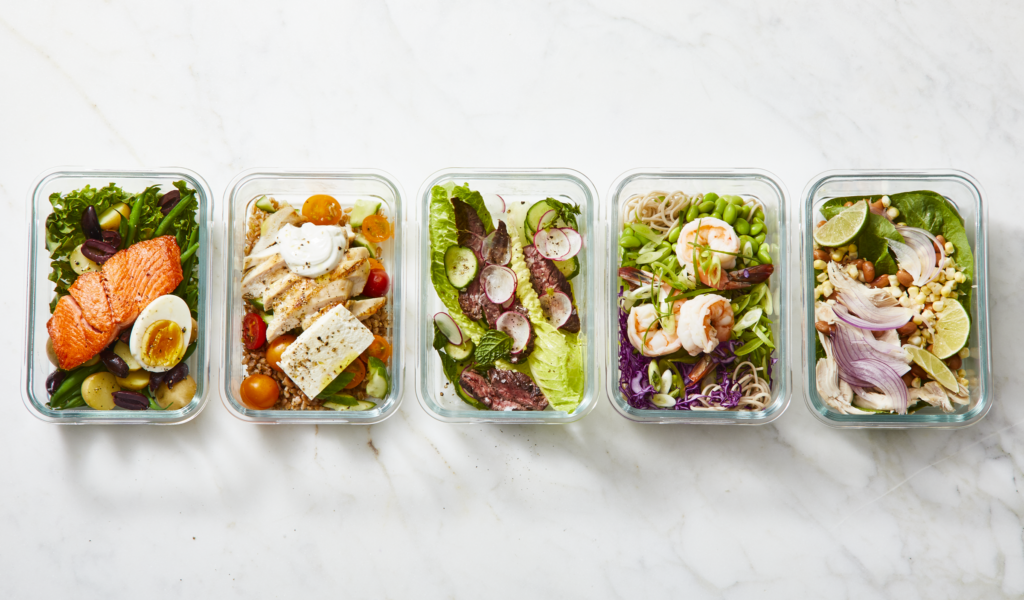
Once you have a nutrition plan, remember it can change based on how your body feels and how you perform. Try different foods, meal times, and hydration strategies to find what works best for you. This will help you get the best results from your nutrition plan
Role Of Micronutrients
While macronutrients like carbohydrates, proteins, and fats provide the foundational energy and building blocks for soccer players, micronutrients play a crucial role in supporting overall health, recovery, and performance. Vitamins and minerals such as iron, calcium, magnesium, and B-complex vitamins are essential for everything from oxygen transport to muscle function and bone density.
Iron for Endurance
Iron is a key micronutrient for soccer players, as it is responsible for carrying oxygen throughout the body. Adequate iron levels support endurance and prevent fatigue, allowing players to maintain high-intensity efforts for the full duration of a match. Incorporating iron-rich foods like red meat, spinach, and lentils can help players meet their daily iron needs and optimize their performance on the field.
Calcium and Vitamin D for Bone Health
The high-impact nature of soccer places significant stress on a player’s bones. Ensuring sufficient calcium and vitamin D intake is essential for maintaining bone density and reducing the risk of stress fractures or other skeletal injuries. Dairy products, leafy greens, and fortified foods can help players meet their calcium needs, while regular sun exposure or supplementation can support adequate vitamin D levels.
B-Complex Vitamins for Energy Production
The B-complex vitamins, including B1, B2, B6, and B12, play a crucial role in energy metabolism and the conversion of food into usable energy. These vitamins help players maximize their energy output during training and matches, supporting their ability to perform at a high level throughout the game.
Fueling Yourself For Pre-Game and Post-Game
Proper nutrition surrounding training and matches is essential for soccer players to optimize their performance and recovery. Let’s explore the specific nutritional strategies for these critical time frames.
The Pre-Game Meal
The pre-game meal should be consumed 2-3 hours before kickoff, providing players with a mix of easily digestible carbohydrates and a moderate amount of protein. This combination helps to top up glycogen stores, maintain blood sugar levels, and support muscle function during the game. Suitable pre-game meal options include whole grain pasta with grilled chicken, oatmeal with fruit and nuts, or a turkey and avocado sandwich on whole wheat bread.
Hydration Before, During, and After The Game
Proper hydration is crucial for soccer players, both in the days leading up to a match and during the game itself. Dehydration can lead to decreased physical and mental performance, as well as an increased risk of cramps and other issues. Players should aim to drink water consistently throughout the day, with a focus on increasing fluid intake in the 24-48 hours before a game. During the match, players should take regular sips of water or electrolyte-replenishing drinks to maintain optimal hydration levels.
Post-Game Recovery
After a soccer game, you should focus on refueling your body with the right nutrients and fluids. The meal after the game needs to have both carbohydrates and protein. Carbs, like pasta, rice, whole-grain bread, and fruits, help restore energy levels, while protein aids in muscle repair and growth. Good post-game meal options include a whole grain sandwich with grilled chicken, a smoothie with Greek yogurt and fruit, or a bowl of oatmeal with nuts and berries. For protein, consider having poultry, meats, fish, or legumes in your meal.
Nutrition Planning Based On The Season
Elite soccer players and their teams use a periodized nutrition plan. They adjust their diet based on training and competition schedules. This means changing macronutrient ratios, calorie intake, and nutrient timing to meet the needs of pre-season, in-season, and off-season phases.
FAQ: Common Nutritional Challenges for Soccer Players
1. What if I have a busy schedule and don’t have time to cook meals?
If you don’t have a lot of time but are determined to improve your nutrition, you can do these things:
- Meal Prep: Spend time once or twice a week preparing meals and snacks that can be easily reheated or eaten on-the-go. Apps like Factor and HelloFresh are you friend for this.
- Healthy Convenience Foods: Keep a stock of healthy convenience foods like pre-cut vegetables, whole grain wraps, and lean protein sources.
- Support Systems: Utilize the support of team nutritionists or personal chefs who can help plan and prepare meals to ensure proper fueling.
2. How can I deal with temptations and cravings for junk food?
Cravings for junk food are a common issue and can easily be solved by following the tips below. Here are some strategies to manage these temptations:
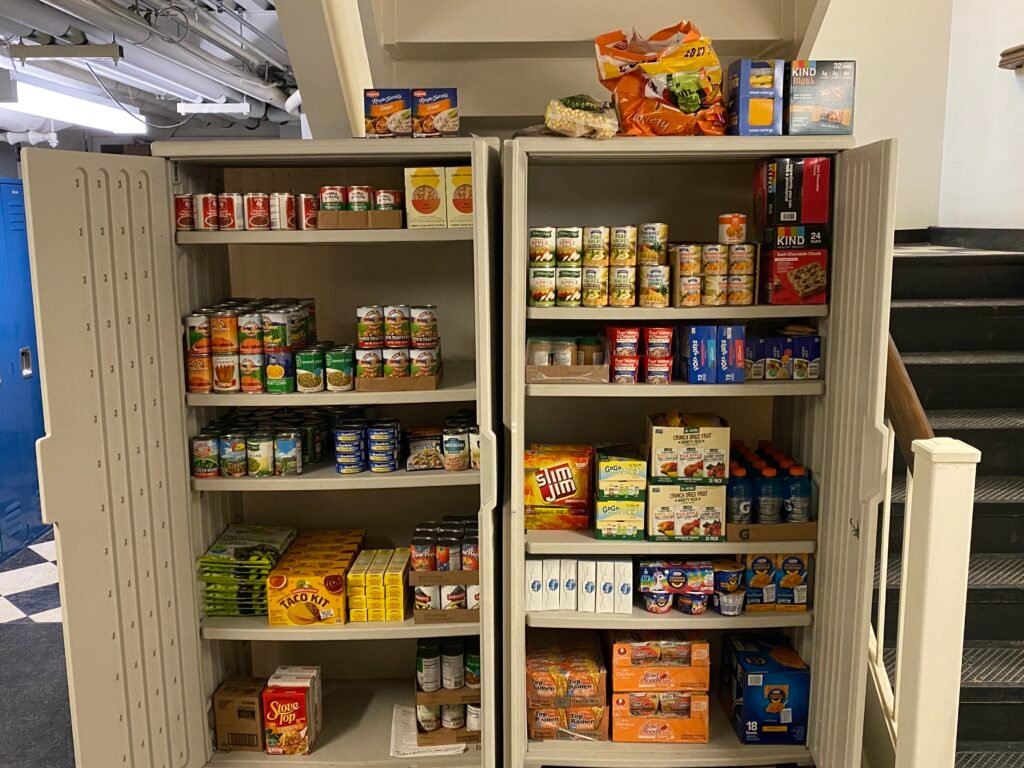
- Creating fiction: This concept involves intentionally adding small obstacles to make unhealthy behaviors less convenient. For example, placing snacks on a high shelf (hard to reach) This helps you avoid junk food by making it less accessible. You can also put the junk food in places where you can’t easily see them (to avoid temptations)
- Healthy Alternatives: Keep healthy snacks like fruit, nuts, or protein bars nearby to satisfy cravings without compromising nutrition.
- Mindful Eating: Pay attention to what you eat and try to choose foods that will nourish and fuel your body for optimal performance.
3. What if I have dietary restrictions and allergies? Can I still use these tips?
Soccer players with specific dietary requirements or food allergies may face additional challenges in their nutritional planning. Whether it’s gluten intolerance, lactose sensitivity, or a vegetarian/vegan diet, here are some ways to ensure you are meeting your nutrition needs:
- Work with a Nutritionist: Collaborate with a sports nutritionist to develop a tailored meal plan that addresses your specific dietary needs while ensuring you get all necessary nutrients.
- Creative Meal Planning: Explore alternative ingredients and recipes to find suitable substitutions that align with your dietary restrictions.
- Read Labels: Carefully read food labels to avoid allergens and ensure the products meet your dietary requirements.
- Communication: Maintain open communication with team staff and chefs about your dietary needs to prevent any accidental consumption of restricted foods.
4. What are some tips to maintain my hydration?
Maintaining proper hydration is crucial for soccer players to perform at their best. Here are some practical tips:
- Regular Drinking: Drink water regularly throughout the day, not just during training or matches.
- Electrolyte Balance: Include electrolyte-rich drinks during intense training or hot weather to replenish lost minerals.
- Monitor Urine Color: Use the color of your urine as an indicator of hydration status – pale yellow usually signifies good hydration.
- Carry a Water Bottle: Always have a water bottle with you to encourage frequent sips and maintain hydration levels.
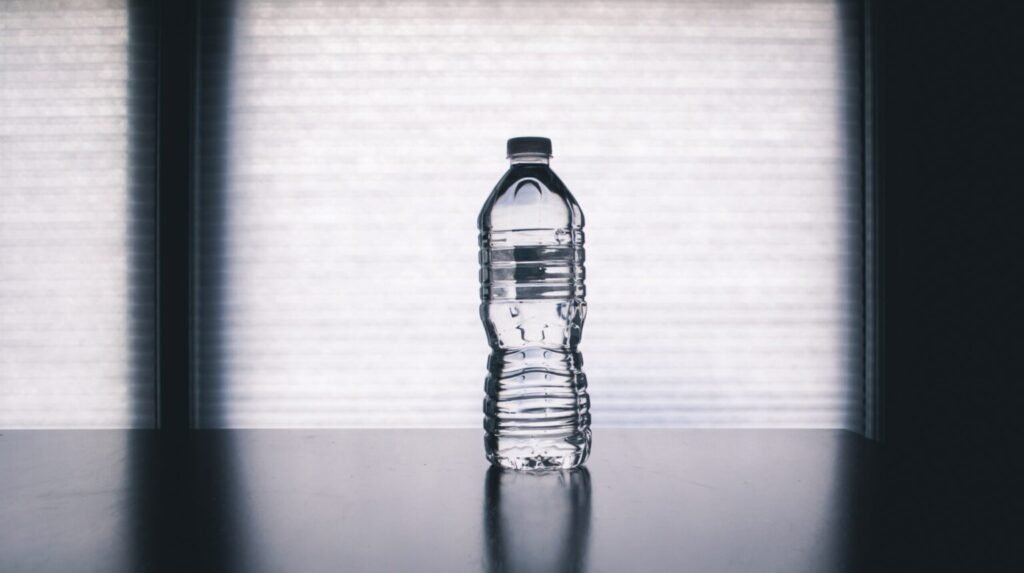
5. How can I balance my intake of carbs, proteins, and fats for the best performance?
Balancing macronutrient intake is essential for soccer players to ensure they have enough energy for training and matches. Here’s how to manage this balance:
- Carbohydrates: Prioritize complex carbohydrates like whole grains, fruits, and vegetables for sustained energy.
- Proteins: Include lean protein sources such as chicken, fish, beans, and legumes to support muscle repair and growth.
- Fats: Incorporate healthy fats from sources like avocados, nuts, and olive oil to aid in energy production and overall health.
- Balanced Meals: Aim for balanced meals that include a mix of carbohydrates, proteins, and fats to provide steady energy and support recovery.
Conclusion
In soccer, good nutrition is essential for success. Eating the right foods at the right times help you perform better, recover faster, and stay healthy. Proper nutrition boosts energy, speeds up recovery, and reduces the risk of injuries.
Focus on eating a balanced diet with the right mix of carbohydrates, proteins, and fats. Drink plenty of water and consider supplements if needed. Getting advice from nutrition experts and paying attention to your body’s needs can make a big difference.
Remember, good nutrition is not just about eating—it’s about giving your body the fuel it needs to win. Stick to a solid nutrition plan to improve your game, reach your goals, and succeed on and off the field. Embrace proper fueling, and watch your soccer skills improve.



